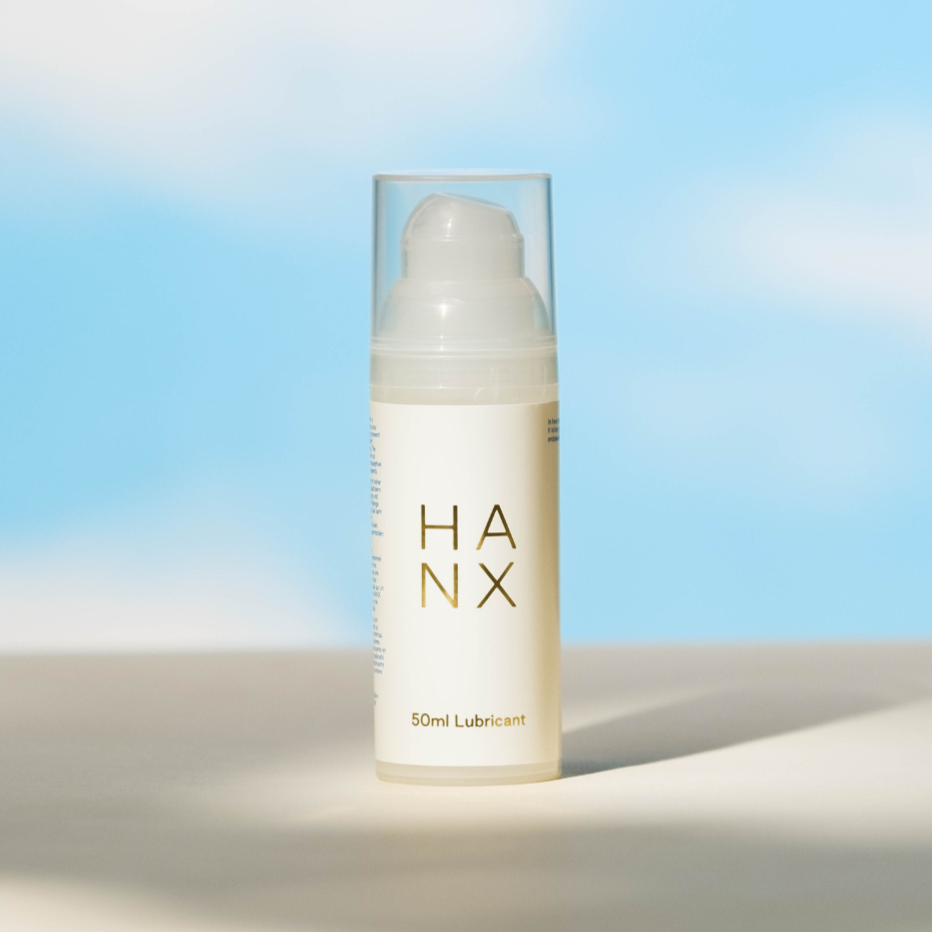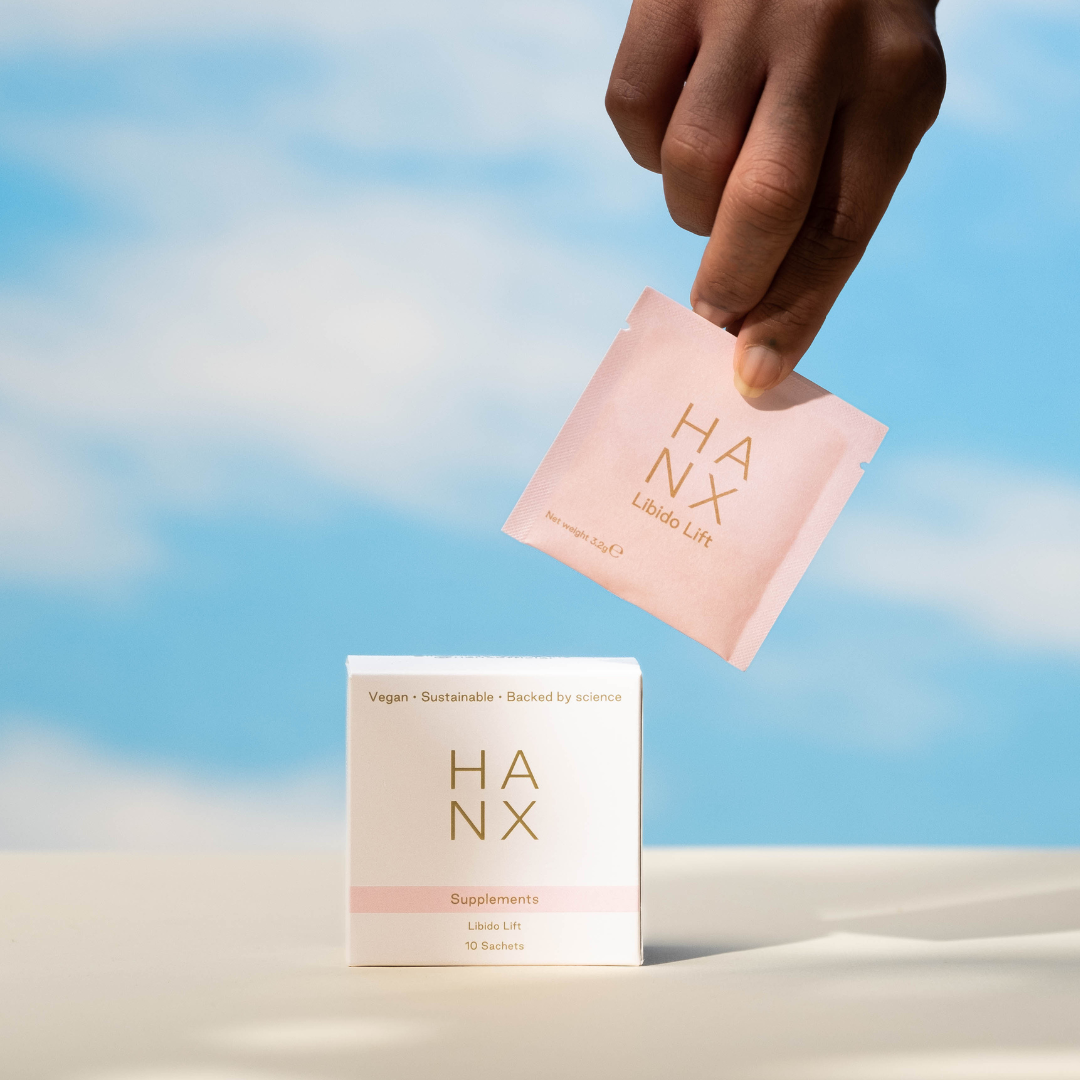How To Handle Debilitating PMDD Symptoms
Despite affecting an estimated 8% of people with periods in the UK, PMDD often flies under the radar. Many of us suffer in silence, chalking up our symptoms to "just bad PMS" or wondering if we're simply going mad for a fortnight each month. Spoiler alert: you're not going mad, and you're certainly not alone.
Premenstrual dysphoric disorder (PMDD) is a cyclical, hormone-based mood disorder that affects women who have a menstrual cycle. It’s characterised by symptoms that show up during the luteal phase of the cycle (aka, the two weeks before your period) and subside within a few days of getting your period.
Whilst far more research is needed, over 150 different symptoms have been related to PMDD and these can differ from person to person and cycle to cycle. Symptoms can be irritating, painful or downright debilitating and range from emotional to physical, including:
- mood swings
- feeling overwhelmed
- trouble concentrating
- suicidal feelings
- feeling tense and irritable
- out of control food cravings
- problems with sleep, including insomnia
- stomach bloating
- joint and/or muscle pain
Wondering how to handle your PMDD symptoms? You're not alone. Let's explore your options...
Non-Pharmaceutical Options
1. Cognitive Behavioral Therapy (CBT)
CBT is a type of talking therapy that is effective at helping with a variety of mental health issues, it is widely available and accessible. CBT helps you to understand your thoughts and feelings, how they’re related and how you can deal with unhelpful thoughts that you may have when suffering from PMDD. Your therapist will work with you to identify unhelpful negative thoughts and replace them with positive helpful thoughts. Research has shown that CBT can be helpful in reducing PMDD-related anxiety and depression.
2. Reflexology and Acupuncture
Reflexology and acupuncture are based on the traditional Chinese idea of Qi, or energy, which is believed to flow through the body. When this flow is disrupted by things like stress, it can lead to imbalance and illness. Reflexology involves applying gentle pressure to specific areas of the body, while acupuncture uses fine needles inserted into key points. Both practices aim to stimulate pressure points, helping to relax the body and positively impact systems like circulation, immunity, and breathing. Research has shown that reflexology may help ease physical and emotional PMS/PMDD symptoms, especially with longer sessions lasting about 60 minutes.
Pharmaceutical Options
1. Oral Contraceptives
Combined oral contraceptives (COCs) are commonly used to alleviate PMS symptoms, particularly those containing drospirenone, a specific type of progestogen. For the best results, it's advised to take these pills continuously (one pack after another) rather than cyclically, where a break is taken for a period. However, not all contraceptives are suitable for continuous use, so it's important to consult with your healthcare provider before altering your routine. Research suggests that COCs with drospirenone can significantly reduce breast pain and help manage weight fluctuations, appetite, mood swings, and acne.
2. Selective Seratonin Reuptake Inhibitors (SSRIs)
SSRIs are a type of antidepressants which are typically used to treat PMDD symptoms. They work by blocking the reuptake of serotonin - serotonin is the hormone your brain releases that makes you feel happy. By blocking the reuptake of serotonin, this creates a higher availability of serotonin, improving your mood. Research has shown that sertraline can effectively alleviate PMS symptoms like pain, mood swings, irritability, depression, and anxiety. It has also been found to improve the quality of life for those with PMDD. SSRIs, such as sertraline, are prescribed by a doctor and can be taken either continuously or just during the luteal phase, depending on medical advice. However, you might find that SSRIs negatively impact your libido which can be a discombobulating or upsetting experience.
3. GnRH Analogues
GnRH analogues are another option for managing PMS symptoms, though they're typically used for more severe cases. Administered as injections, they work by lowering oestrogen levels, effectively "turning off" the ovaries and inducing a temporary menopause. This prevents fluctuations in sex hormone levels, which can help reduce PMS symptoms. Studies show that GnRH analogues can significantly alleviate premenstrual depression, irritability, and headaches, and can improve mood. However, since oestrogen plays an important role in many bodily functions, these injections are generally not recommended for long-term use.
Lifestyle Changes
Lifestyle changes can be an effective way to manage PMS and PMDD symptoms. Regular exercise, for example, helps boost endorphin levels while reducing cortisol and adrenaline, which can lower feelings of pain, stress, and overstimulation. Yoga and other practices like breathwork are also beneficial, helping regulate the nervous system and reduce anxiety and depression. A balanced diet plays a key role in supporting overall health by providing essential nutrients that promote proper body function, from skin and hormone health to brain and nervous system support.
Supplements can also be a useful way to ensure you’re meeting your nutritional needs. Spending time in nature has also been shown to calm the mind, so a walk outdoors or quiet time in a green space can be an easy way to relax. Additionally, journaling and tracking your cycle can help you better understand and anticipate your symptoms. By knowing where you are in your cycle, you can adjust your daily habits to accommodate your mood or energy levels, making it easier to navigate challenging days.
Moving forwards
There are so many different treatment options available for PMDD, everyone is different so figuring out what treatment works best for you and you only is the best course of action. Remember, there are various ways to ease your symptoms and improve your quality of life, it’s important to consult with your GP or healthcare provider and work on a treatment plan together.
Want more?
- Check out Evelyn Health for guides on discussing your PMDD symptoms with your doctor, and getting a diagnosis and treatment plan.
- Curious about PMS? Dr. HANX shares everything you need to know about PMS.
- Find more advice and support over at The International Association for Premenstrual Disorders.






















